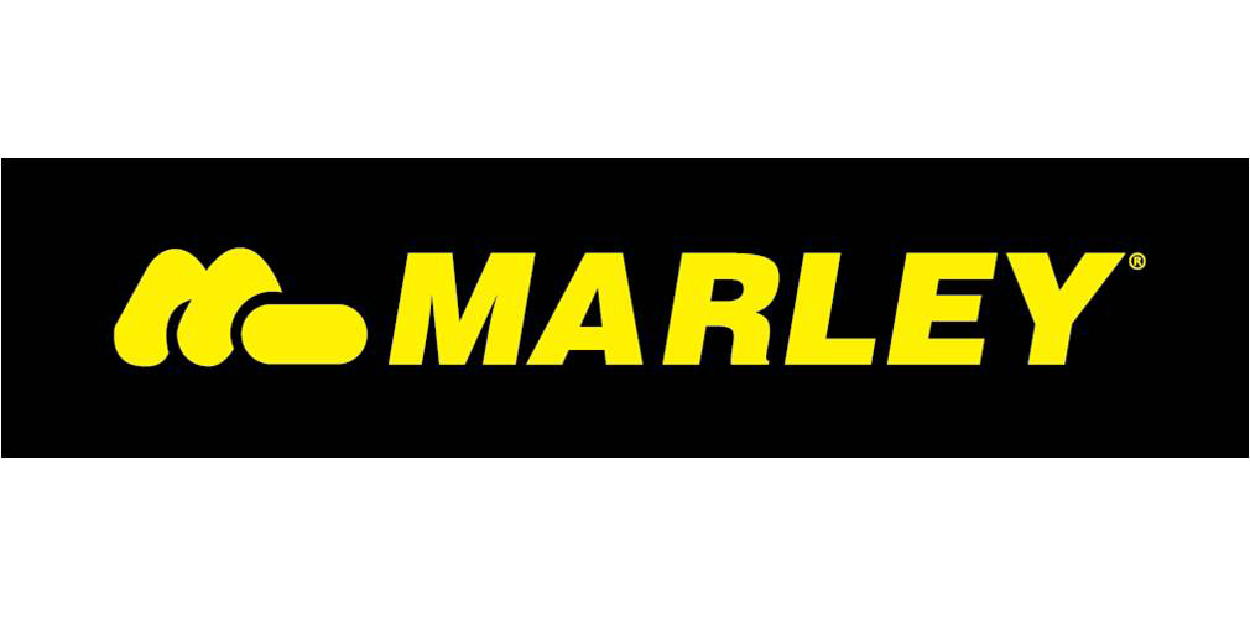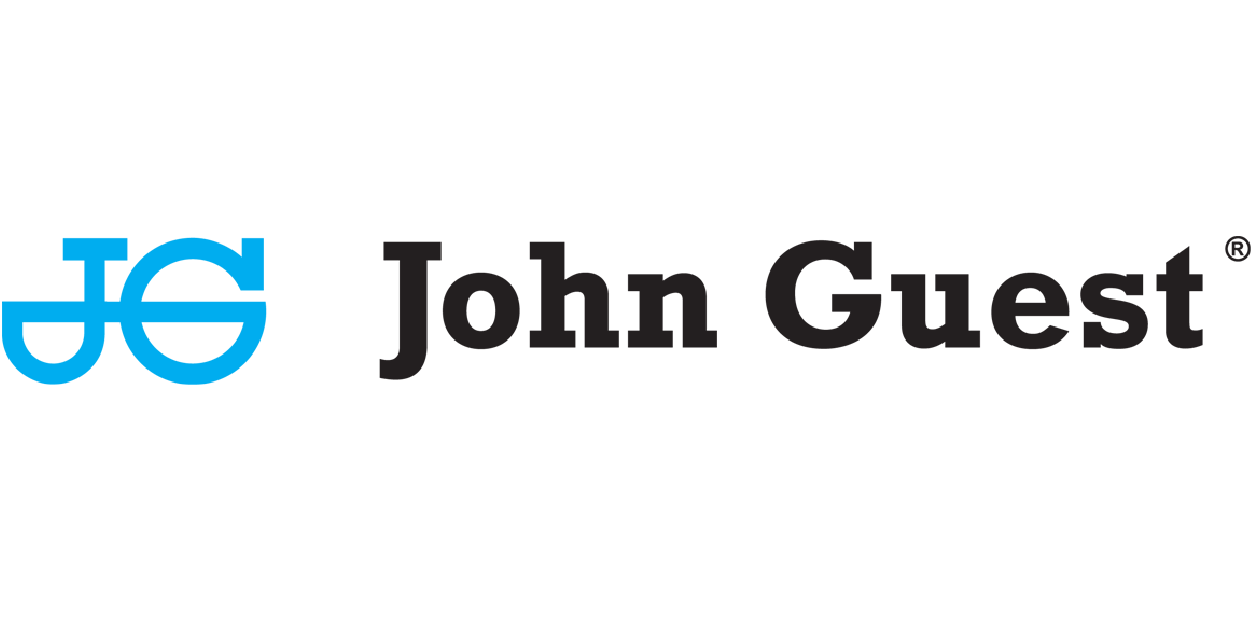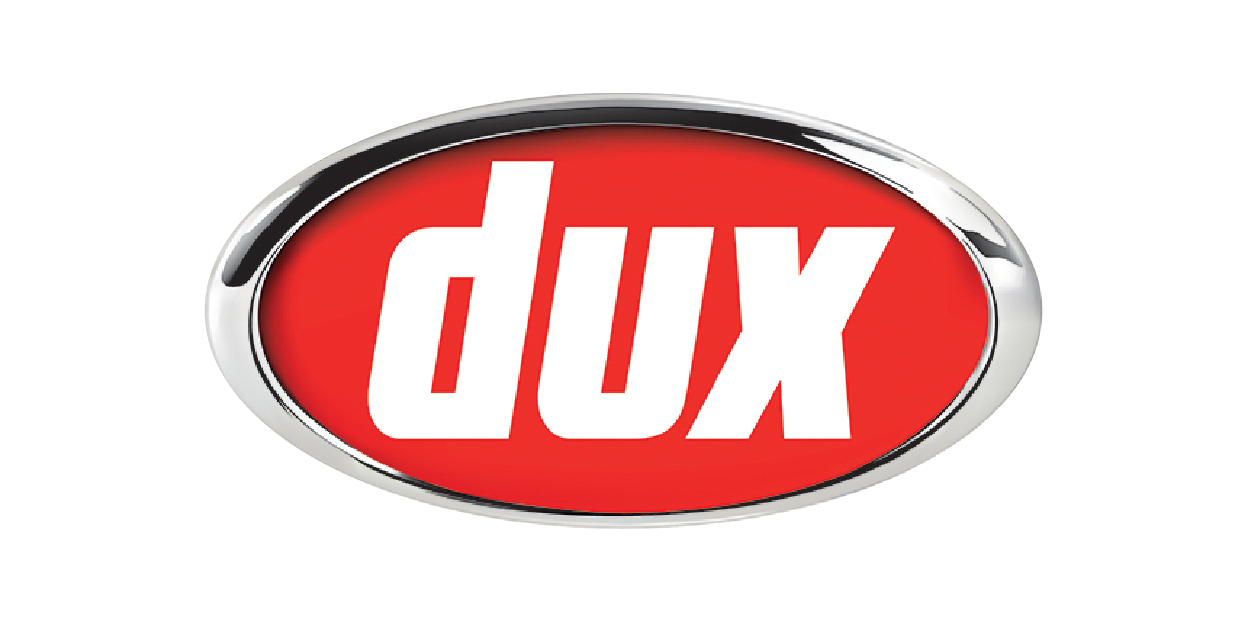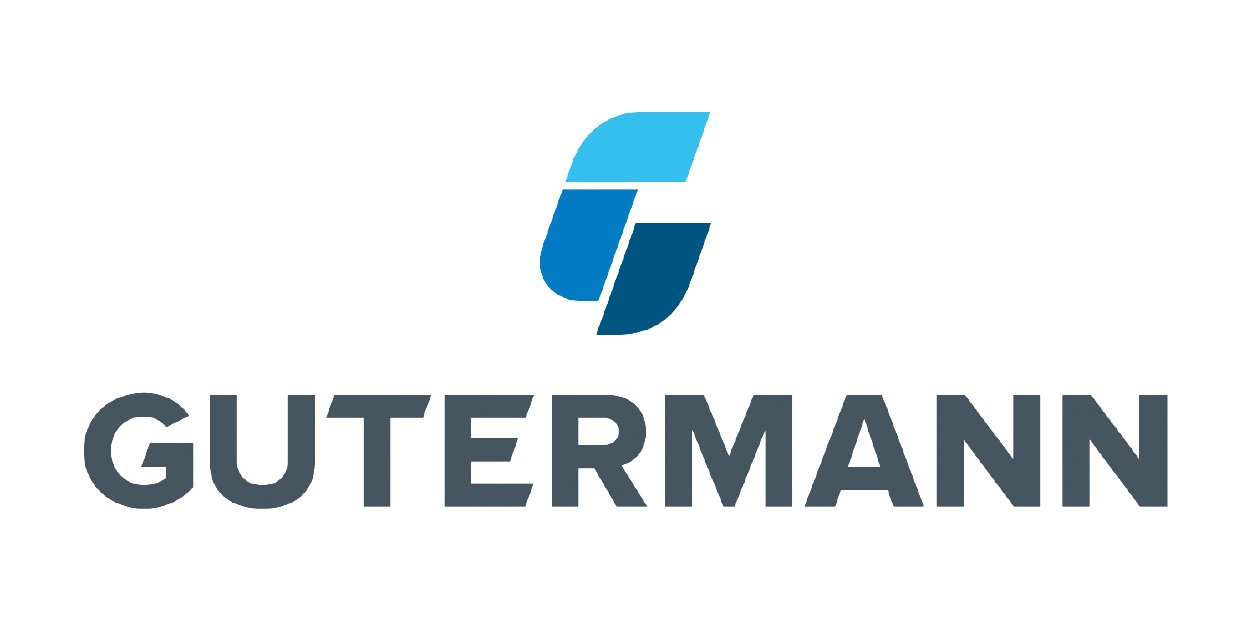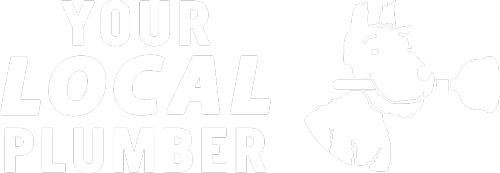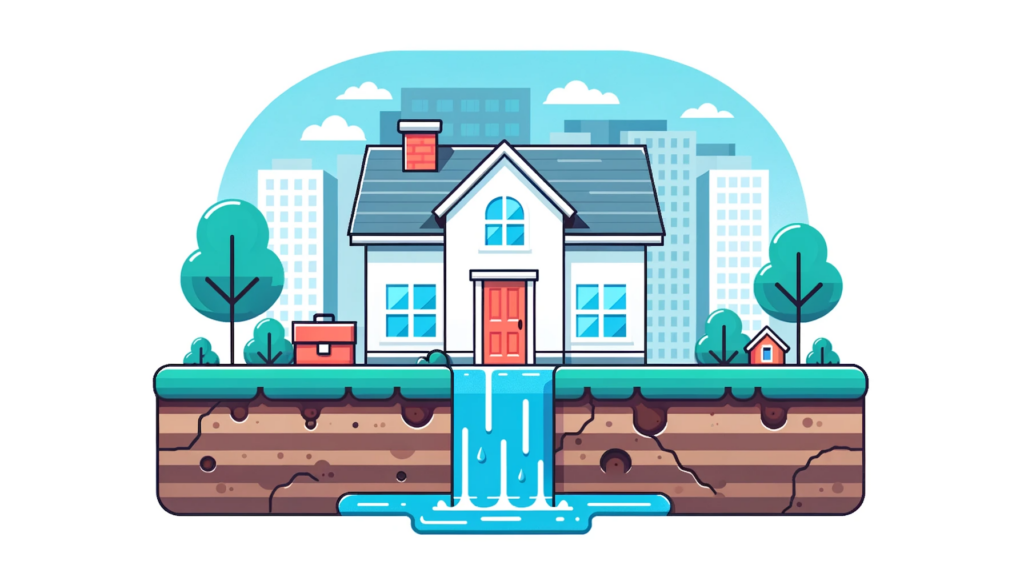
Call Today 09 973 4973 or
Repairing Common Residential Gas Line Issues
Repairing common residential gas line issues is crucial for maintaining the safety and functionality of a home’s gas system. Gas lines, responsible for supplying natural gas to various appliances within the home, can encounter several problems over time, including leaks, corrosion, and blockages. Addressing these issues promptly and effectively requires a combination of professional expertise, regular maintenance, and homeowner vigilance.
Leaks are among the most urgent gas line issues, posing significant risks of fire, explosion, and carbon monoxide poisoning. Signs of a gas leak include the smell of rotten eggs, hissing sounds near gas lines, and an unexplained increase in gas bills. If a leak is suspected, it’s imperative to act immediately by evacuating the area and contacting emergency services or a professional gas fitter. Repairing a gas leak typically involves locating the source of the leak, shutting off the gas supply, and replacing or repairing the damaged section of the pipe.
Corrosion can compromise the integrity of gas lines, especially in older homes or in environments with high humidity or corrosive soil conditions. Corroded pipes may weaken and leak over time. During an inspection, a gas fitter might identify corrosion as a potential issue and recommend replacing the affected pipes with newer, corrosion-resistant materials. Regular inspections are key to identifying and addressing corrosion before it leads to leaks.
Blockages in gas lines, though less common, can occur due to dirt, debris, or improper installation. Blockages prevent gas from flowing freely to appliances, potentially causing malfunction or inefficiency. Clearing a blockage typically requires the expertise of a professional who can safely remove the obstruction and ensure the gas line is clear and properly configured.
In addition to these common issues, improper installation of gas lines can lead to operational and safety concerns. Ensuring that gas lines are installed by a certified professional is crucial. This includes proper sizing, material selection, and adherence to local building codes and standards.
Homeowners play a critical role in maintaining the safety of their gas lines by scheduling regular inspections, being aware of the signs of gas line problems, and responding promptly to any issues. It’s also important for residents to know how to shut off their gas supply in an emergency and to have carbon monoxide detectors installed near gas appliances.
Professional gas fitters are equipped with the tools, knowledge, and experience to diagnose and repair gas line issues safely. They can also provide valuable advice on preventing future problems and maintaining a safe and efficient gas system. By taking a proactive approach to gas line maintenance and repair, homeowners can ensure the safety and comfort of their living environment.
Suppliers
